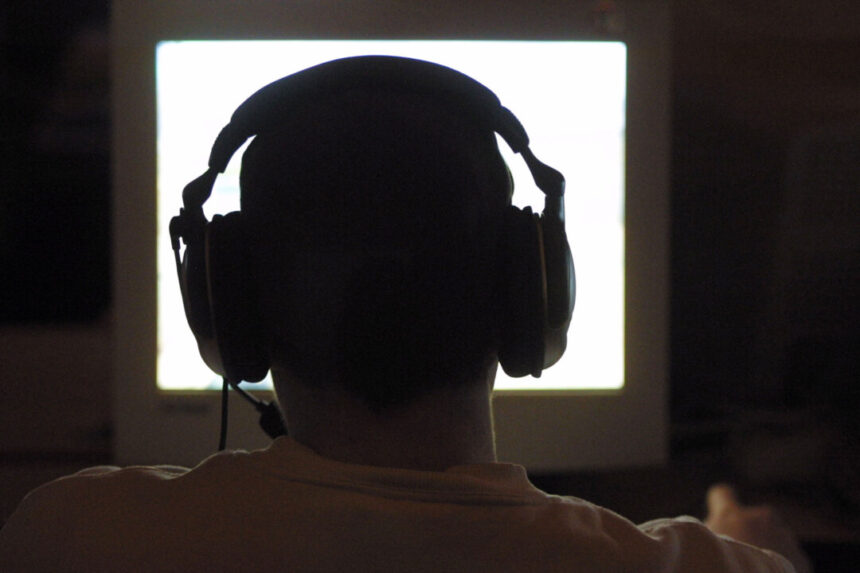The shift in societal perspectives that were once associated with adolescence is now widely accepted and even institutionalized.
It can be intriguing and enlightening to revisit past social and cultural critiques to see how they have unfolded over time. Diana West’s 2007 book, “The Death of the Grown-Up: How America’s Arrested Development Is Bringing Down Western Civilization,” delves into this shift. West highlights the evolution of childhood, adolescence, and adulthood, pointing out how the concept of adolescence only emerged in the lexicon in the early 1940s.
West’s analysis reveals how Americans have transitioned from maturity to a perpetual state of adolescence, with far-reaching consequences, particularly in the context of terrorism and conflicts in the Middle East post-9/11. She argues that a youth counterculture emerged after World War II, gradually replacing adult culture through various mediums like movies, music, fashion, and moral values.
The mainstreaming of countercultural behavior has become a defining feature of modern civilization, yet many fail to recognize this profound shift. The blending of adolescent perspectives with adulthood has led to concerning trends, such as the prioritization of fairness over meritocracy and the sexualization of children.
Mike Males, cited by West, aptly summarizes the impact of this transformation on American society, linking it to major social issues. Despite these challenges, there are individuals, particularly in younger generations, who exhibit traits of responsibility, morality, and resilience akin to previous generations.
The call for more “grown-ups” in society reflects the need for individuals who embody maturity, accountability, and wisdom in navigating the complexities of the modern world. The resurgence of true adulthood, rather than mere adult status, is essential for addressing societal challenges and fostering a more balanced and prosperous future. Please rephrase this sentence.
Source link






